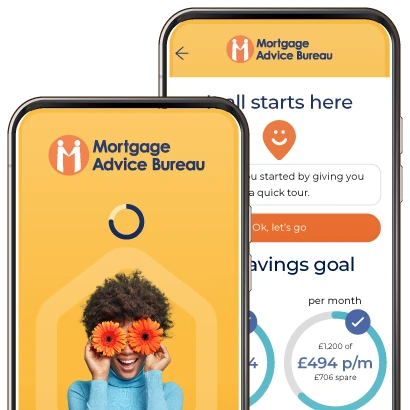Higher interest rates and reduced loan options
One of the most significant effects of bad credit is higher interest rates, which you are likely to encounter when applying for loans, credit cards, and mortgages. Lenders view borrowers with poor credit as riskier investments, so they charge them more to safeguard themselves. This can translate into bigger monthly payments, making it harder to afford essentials and potentially trapping you in a debt spiral.
Breaking free from bad credit
While bad credit can feel like a permanent financial burden, it's important to remember that it's not a hopeless problem. By making smart financial choices, paying bills on time, and managing debt responsibly, you can slowly but surely improve your credit score and unlock the benefits of good credit.

Taking control of your financial destiny
If you find yourself stuck in bad credit quicksand, there are steps you can take to swim to the surface. Start by reviewing your credit report for errors and dispute any inaccuracies promptly. Pay off debts diligently and avoid opening new credit accounts until your score has taken a positive turn. Consider seeking guidance from a credit counsellor who can provide personalised advice and support.
Remember, managing your credit effectively is an investment in a brighter financial future. By taking proactive steps to improve your credit score, you could open doors to better interest rates and loan terms, plus increase your chances of securing suitable housing.
To learn more about improving your credit, check out our article for next steps.
Important information
Your home may be repossessed if you do not keep up repayments on your mortgage.
There may be a fee for mortgage advice. The actual amount you pay will depend on your circumstances. The fee is up to 1% but a typical fee is 0.3% of the amount borrowed.







